Thank God, bless God, all ye who suffer not More grief than ye can weep for. That is well - that is light grieving!
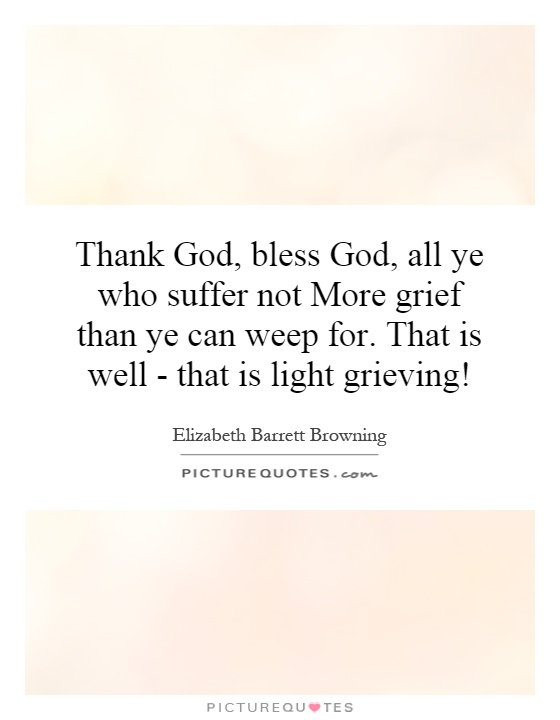
Thank God, bless God, all ye who suffer not More grief than ye can weep for. That is well - that is light grieving!
Elizabeth Barrett Browning was a renowned poet of the Victorian era, known for her powerful and emotional works that often explored themes of love, loss, and social justice. In her poem "Aurora Leigh," Browning writes the lines, "Thank God, bless God, all ye who suffer not / More grief than ye can weep for. That is well - that is light grieving!" These words encapsulate Browning's belief in the power of gratitude and resilience in the face of adversity.Browning herself faced many challenges in her own life, including chronic illness and the loss of loved ones. Despite these hardships, she maintained a deep faith in God and a belief in the strength of the human spirit. In "Aurora Leigh," Browning explores the idea that even in the midst of suffering, there is still room for gratitude and hope.
The lines "Thank God, bless God, all ye who suffer not / More grief than ye can weep for" speak to the idea that there are always others who are experiencing greater pain and suffering. This perspective can help us to put our own struggles into context and find gratitude for the blessings we do have. Browning suggests that acknowledging our own grief and limitations can be a form of light grieving, a way to process our emotions without being overwhelmed by them.




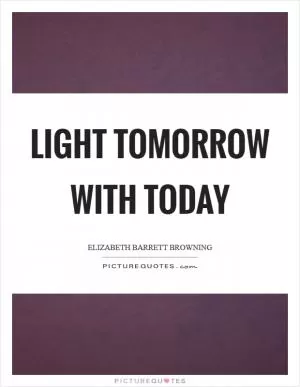
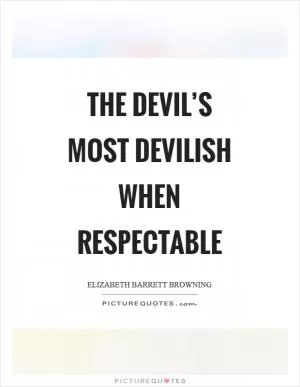
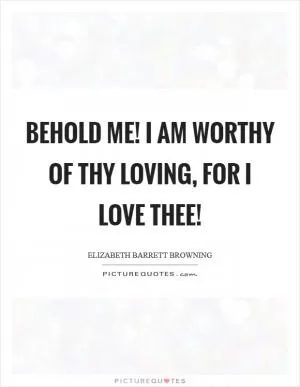
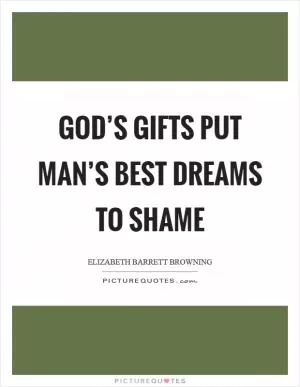
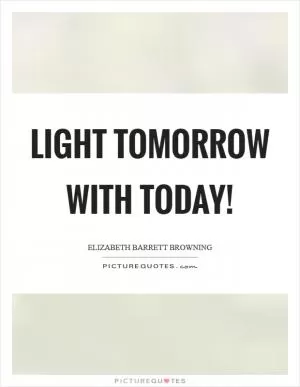
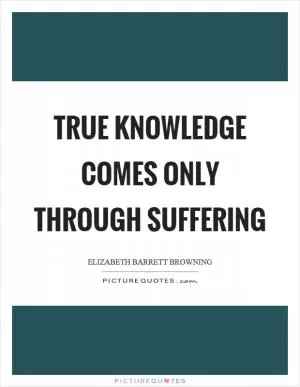
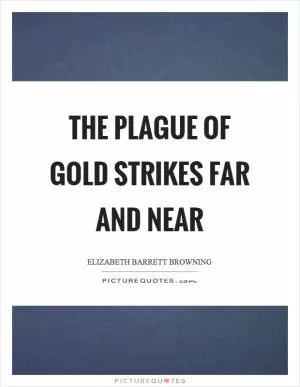
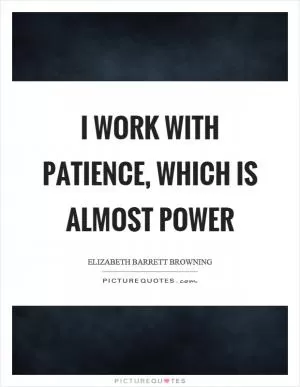
 Friendship Quotes
Friendship Quotes Love Quotes
Love Quotes Life Quotes
Life Quotes Funny Quotes
Funny Quotes Motivational Quotes
Motivational Quotes Inspirational Quotes
Inspirational Quotes